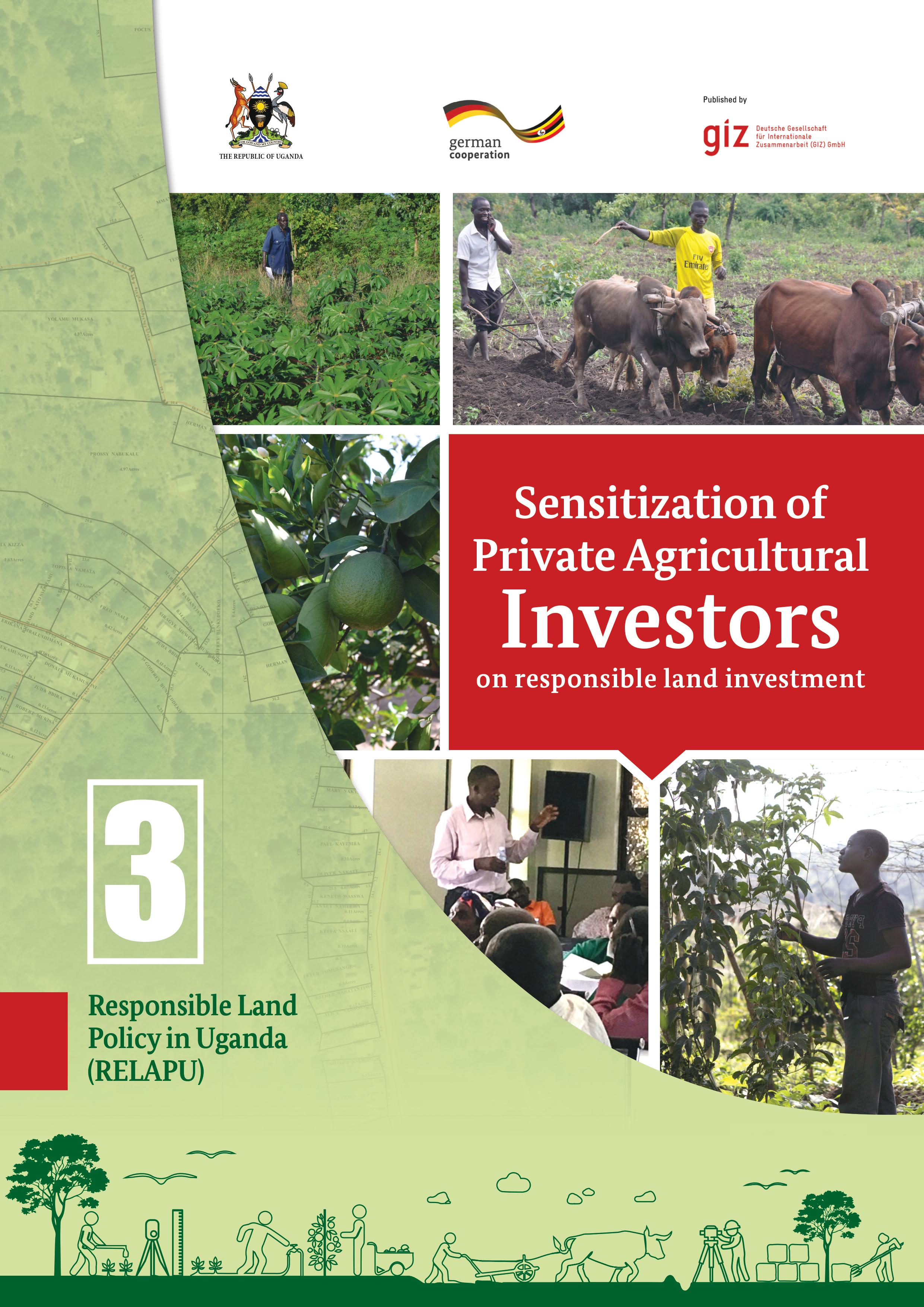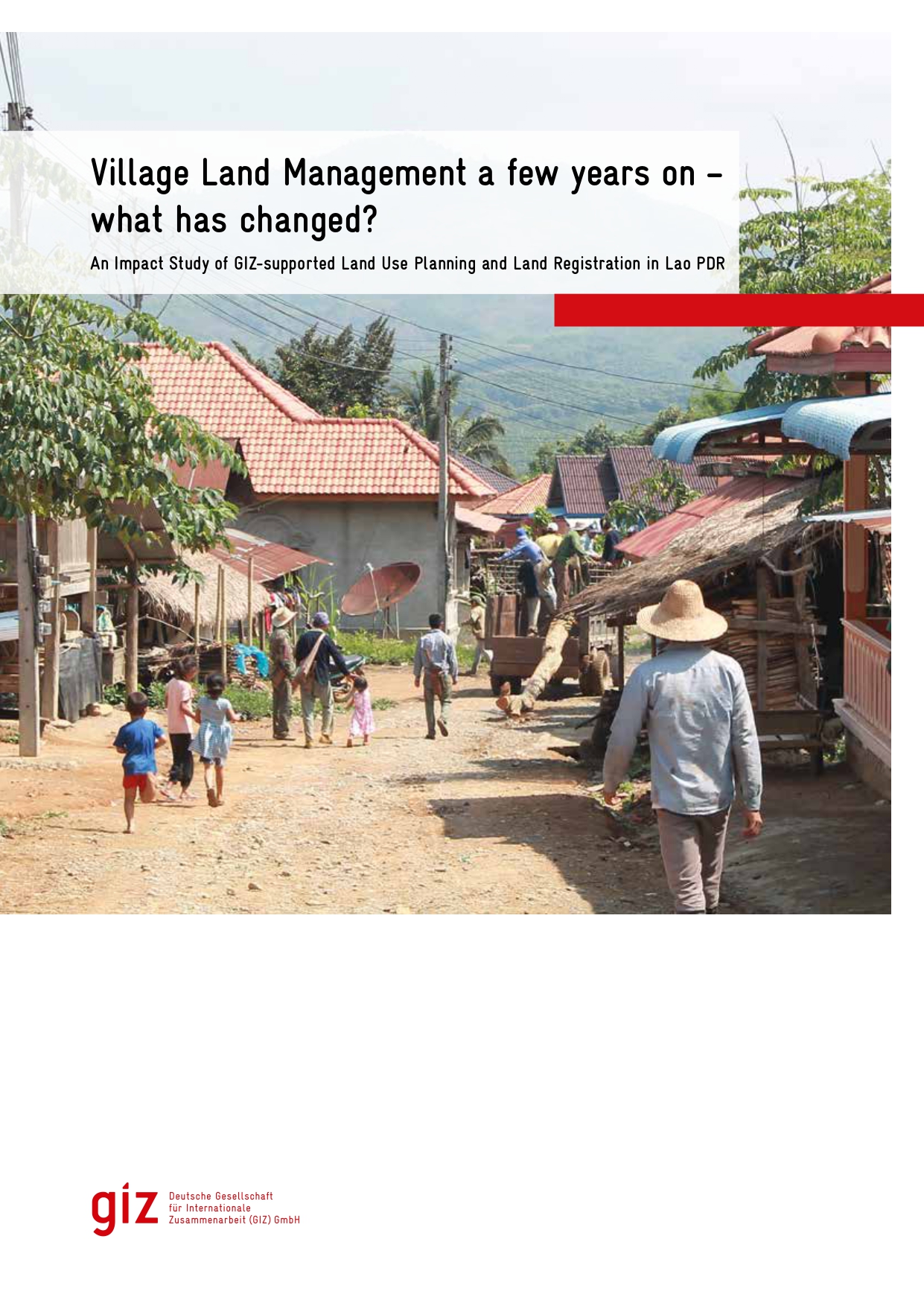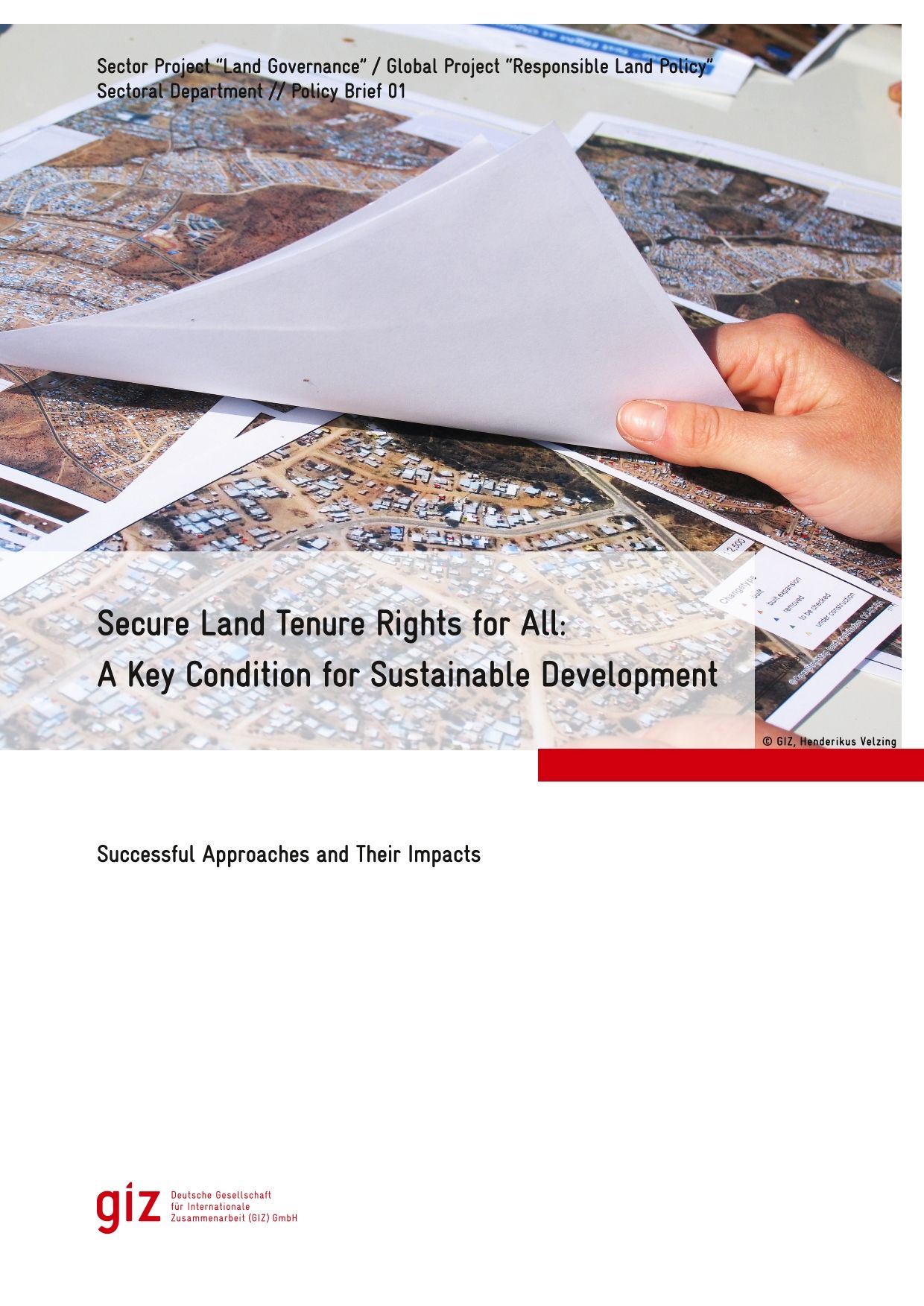Location
As a service provider in the field of international cooperation for sustainable development and international education work, we are dedicated to shaping a future worth living around the world. We have over 50 years of experience in a wide variety of areas, including economic development and employment promotion, energy and the environment, and peace and security. The diverse expertise of our federal enterprise is in demand around the globe – from the German Government, European Union institutions, the United Nations, the private sector, and governments of other countries. We work with businesses, civil society actors and research institutions, fostering successful interaction between development policy and other policy fields and areas of activity. Our main commissioning party is the German Federal Ministry for Economic Cooperation and Development (BMZ). The commissioning parties and cooperation partners all place their trust in GIZ, and we work with them to generate ideas for political, social and economic change, to develop these into concrete plans and to implement them. Since we are a public-benefit federal enterprise, German and European values are central to our work. Together with our partners in national governments worldwide and cooperation partners from the worlds of business, research and civil society, we work flexibly to deliver effective solutions that offer people better prospects and sustainably improve their living conditions.
Members:
Resources
Displaying 116 - 120 of 335Sensitization of private agricultural investors on responsible land investment in Uganda
The German Federal Ministry of Economic Cooperation and Development (BMZ) created the Special Initiative “One world, No hunger” aimed to eradicate extreme hunger and poverty. Special focus is on Action Area 6 “Promotion of responsible land use and improvement of access to land”. The German Society for International Cooperation (GIZ) has presently implemented the Global Programme on Responsible Land Policy in 6 countries: Peru, Laos, Benin, Madagascar, Ethiopia and Uganda.
Village Land Management a few years on – what has changed?
Since 2010, the GIZ Land Programme in Lao PDR has sought to improve the land tenure security of rural communities. The programme currently consists of three projects – the BMZ-commissioned Land Management and Decentralised Planning (LMDP) Project, the Enhanced Land Tenure Security (ELTeS) sub-project within a global programme on responsible land policy, as well as the German contribution to the Mekong River Land Governance (MRLG) Initiative.
Secure Land Tenure Rights for All: Key Condition for Sustainable Development
The aim of this policy paper is to present successful approaches to secure land tenure rights in rural and urban areas. To support future programmatic decisions by the Federal Ministry for Economic Cooperation and Development (BMZ), this paper focusses especially on impacts and good practices. It discusses examples from the German technical cooperation but also includes good practices and impacts achieved by other development partners.
Environmental Monitoring System - Training Manual
This training manual is designed to give those responsible for undertaking environmental impact assessments the skills and knowledge to conduct environmental monitoring for large-scale commercial farming. It proposes a variety of tools such as exercises and proactive learning, as well as presents key elements of Environmental Monitoring.
Guidelines for the Procedure of Land Identification and Verification for Commercial Agricultural Investment
The promotion of commercialized and mechanized agriculture is considered as one possible contribution to the further economic development efforts in Ethiopia. In addition to the traditional farming sector, which is predominantly characterized by smallholders and subsistence farming, large-scale agricultural investments are expected to provide input for the processing industry, bring foreign currency as well as technology transfer to the country.




